The oil & gas (O&G) industry is perhaps, more than any other, subjected to rapidly evolving and ever more stringent regulations. Adherence is mandatory and represents a significant and ongoing investment. Such challenges are accompanied by increasing demand, as the human race’s need for precious fuel to power innovation has a never-satisfied hunger.
The way forward is for refineries to consider the two things concurrently, rather than approaching them as separate issues. By far, the most effective way of doing this is to reduce leaks. Not only does this increased capacity, but it also reduces emissions and lowers the cost of production.
Sealing — the Ultimate Solution for Valve Leak Detection & Repair (LDAR)
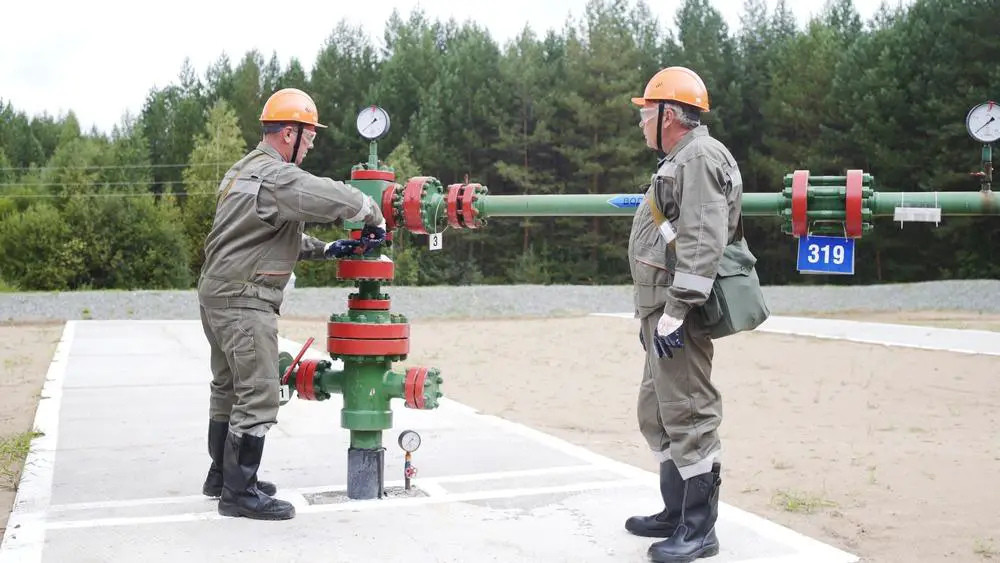
Before we discuss the solution, let’s first detail what happens when producers fail to address the aspect of LDAR correctly:
- Wasted product
- Inefficient refining and production
- Poor health and safety adherence
- The risk of critical hazards and environmental issues
- Heavy fines
- Increased expense, due to unplanned remedial work, repairs, and shutdowns
Quite simply, the complete success of an operation hinges on the refinery’s efficiency and leak-free valve operation.
And one of the biggest causes of such issues? The failure of seals and packaging. If these tiny, unseen elements aren’t of the highest quality, it dramatically lowers the equipment’s integrity. This leads to leaks and these, over time, increase the risk of the unwanted scenarios mentioned above.
The Simple, One-Stop Solution to Reducing & Preventing Valve Leakage
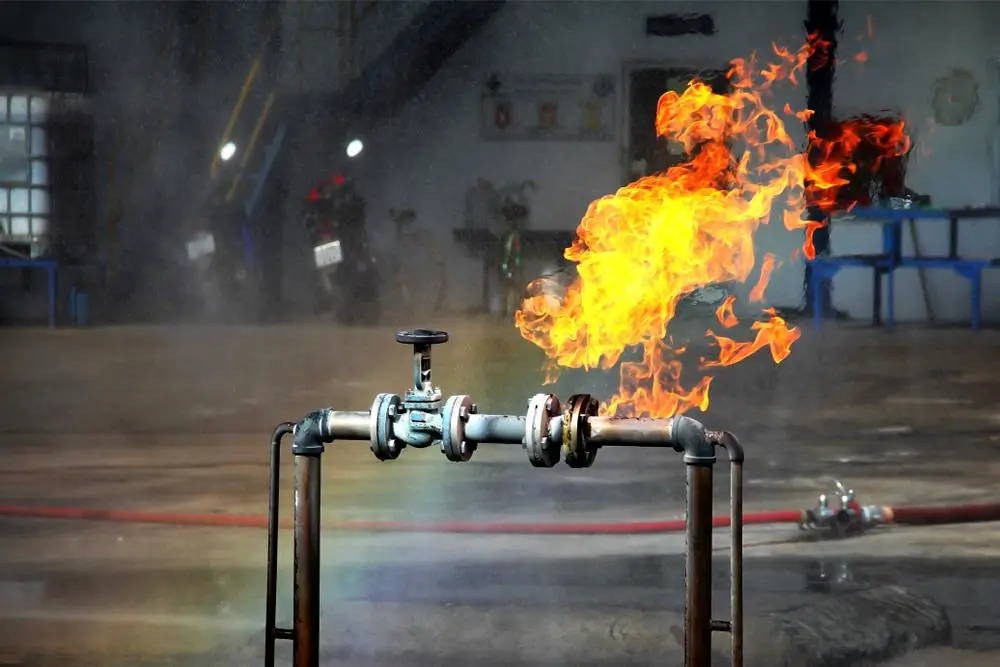
When considering the bigger picture, it can be tempting to focus on what appears to be the largest issue. When it comes to working on that LDAR report, nothing could be further from the truth. The sealing solutions that allow for outstanding valve resilience are of the utmost importance.
The following are some real-world examples that show the effectiveness of paying close attention to the packing of control, block and motor-operated valves, and flange sealing solutions.
- High-temperature operation: Low emissions packing meets or exceeds the ISO 15848-1 test protocol at the highest of temperatures (400°C or 750°F). For example, the Chesterton 1622 Low E Valve packing exceeds Class B requirements, effectively outperforming the commonly used PTFE packing class’s sealing capabilities.
- Gasket cracking: Spray line valves cracking on the gasket’s body, resulting in unexpected shutdowns due to dangerous leaks. Fitting Chesterton ECS-Gaskets led to far increased longevity, a dramatic reduction in leaks, reduced maintenance, and all-around increased reliability
- Increased valve sealing performance: Thanks to fitting solutions such as Chesterton 1622 Low Emissions Valve Packing, the performance (based on the ISO 15858-1 protocol) outperformed Class B requirements.
The challenges faced by the oil and gas (O&G) industry continue to evolve, making it vital to partner with a provider that utilizes unrivaled expertise to offer the ultimate in packing and sealing. In other words, a complete solution that not only determines what’s necessary but offers a seamless opportunity in the provision of this vital area of successful plant operation.
To remain truly competitive, it’s necessary to have easy access to sealing solutions for stationary equipment that offers:
- High-performance valve packing solutions that comply with stringent emissions standards
- Flange sealing solutions to provide the crucial integrity to assist leak-free stationary equipment operation
- Company expertise that helps a plant meet its environmental obligations, production goals, increase efficiency, production, and overall profitability
Monitoring for leaks and repairing them is good both for the environment and business. By preventing leaks and improving efficiency, companies are reducing emissions and delivering more locally produced, lower-cost energy to customers and communities.




![Types of Engineers and What they Do [Explained]](https://www.engineeringpassion.com/wp-content/uploads/2022/04/types-of-engineers-and-what-they-do-280x210.jpg)
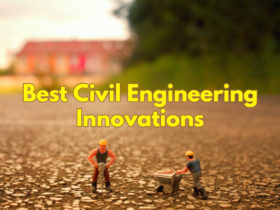


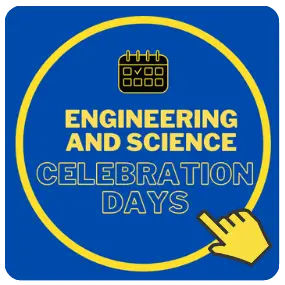
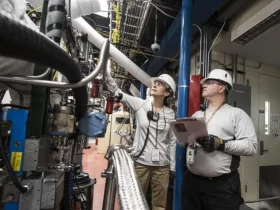
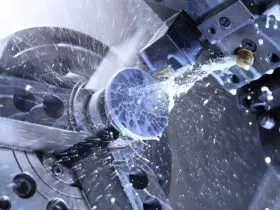
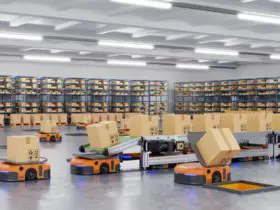
You’ve done a great job of outlining and illustrating the procedure. I’d also like to thank you for going through this.